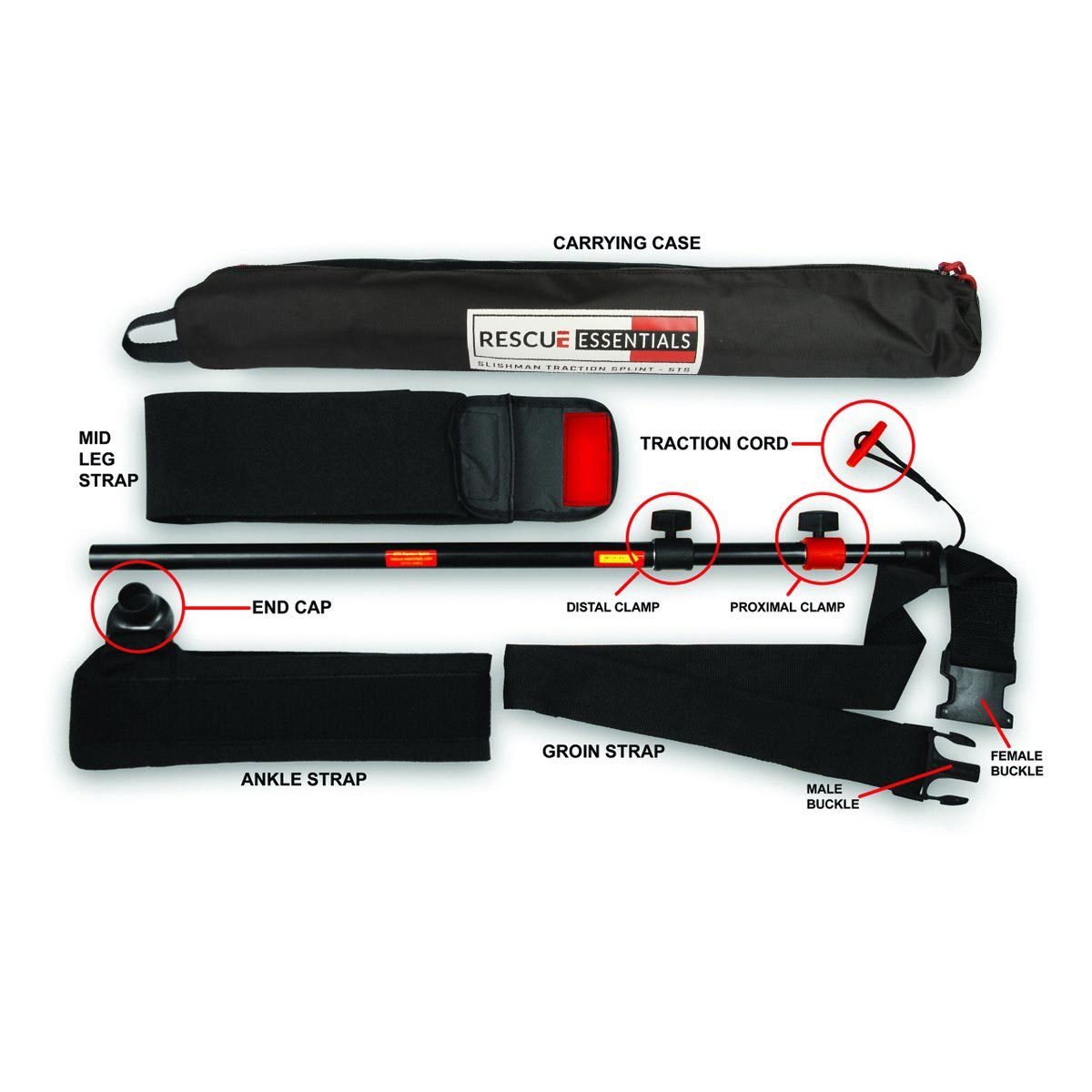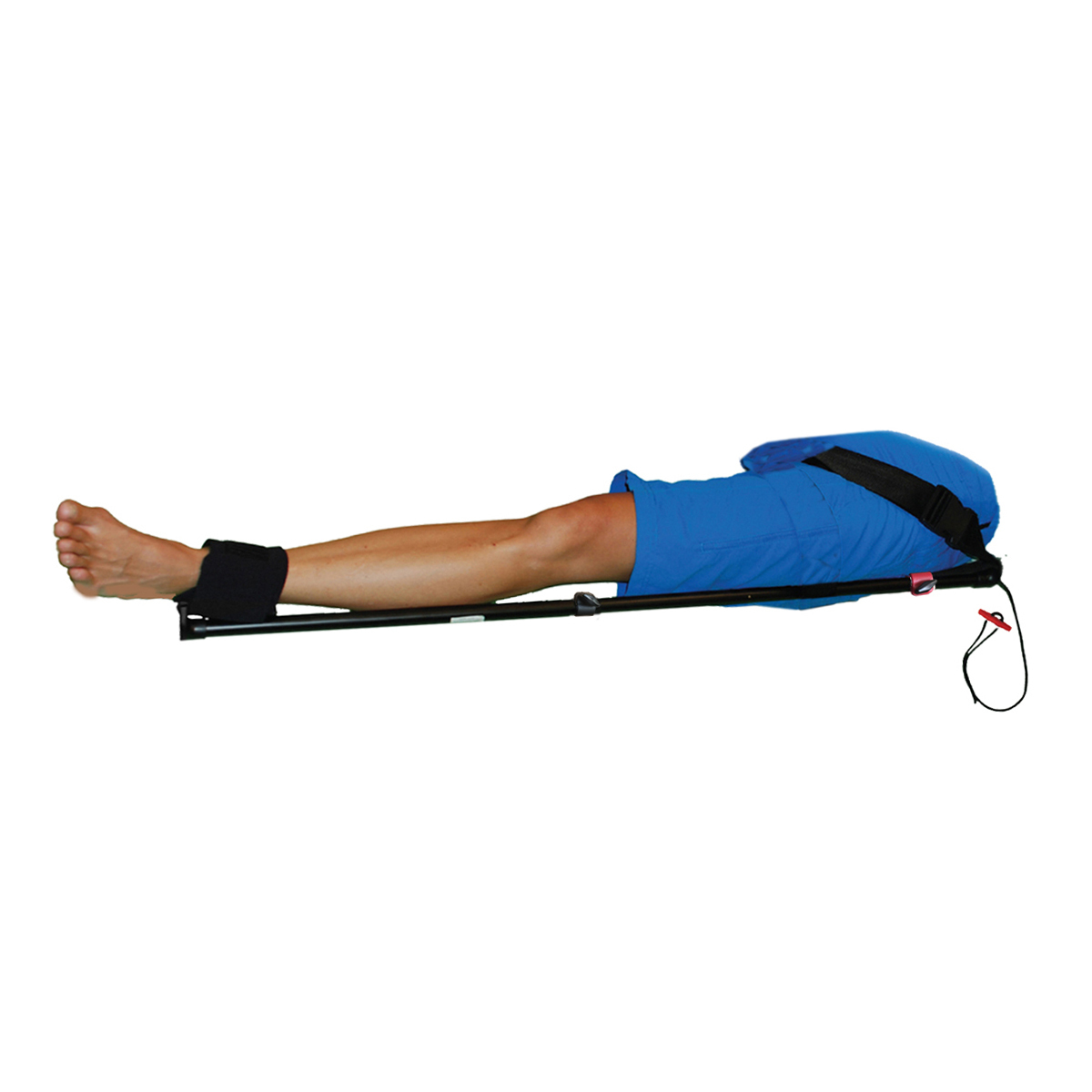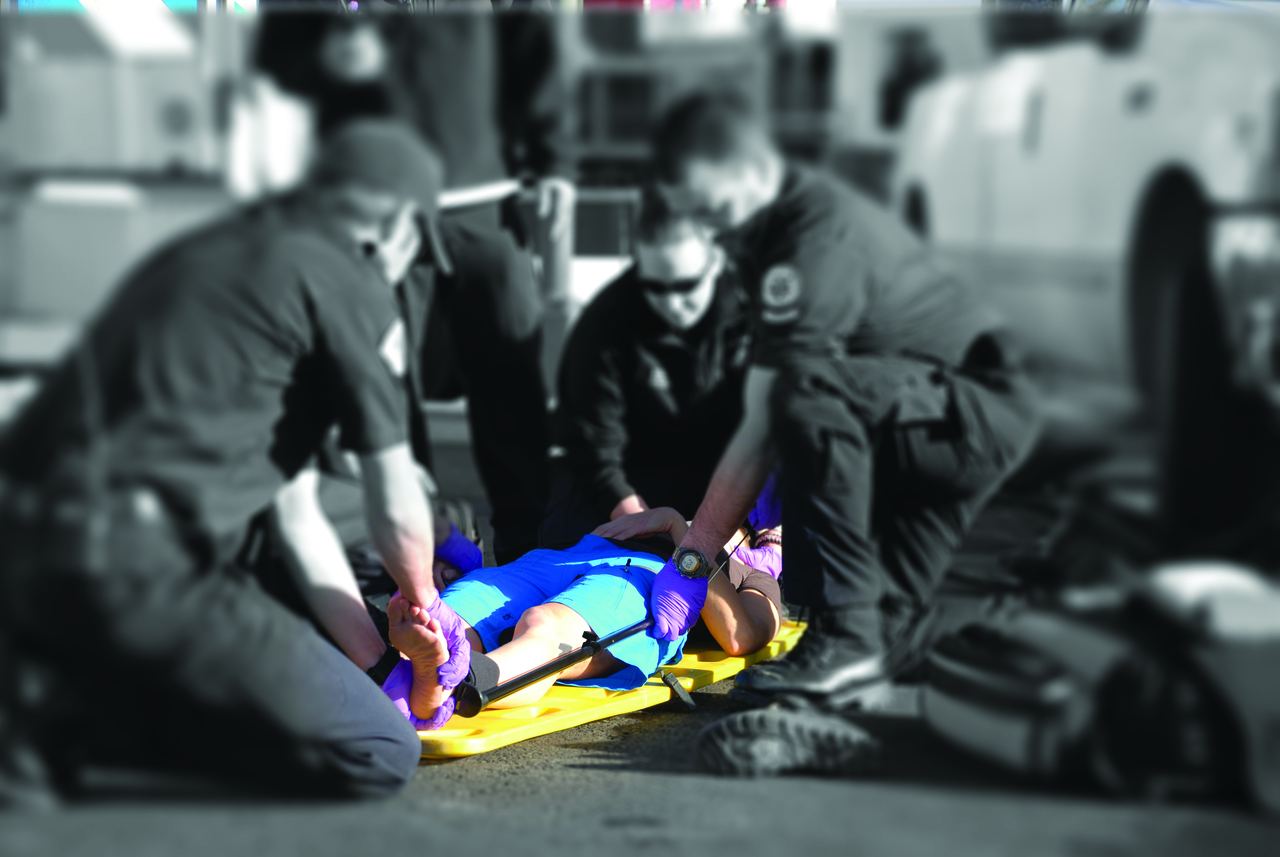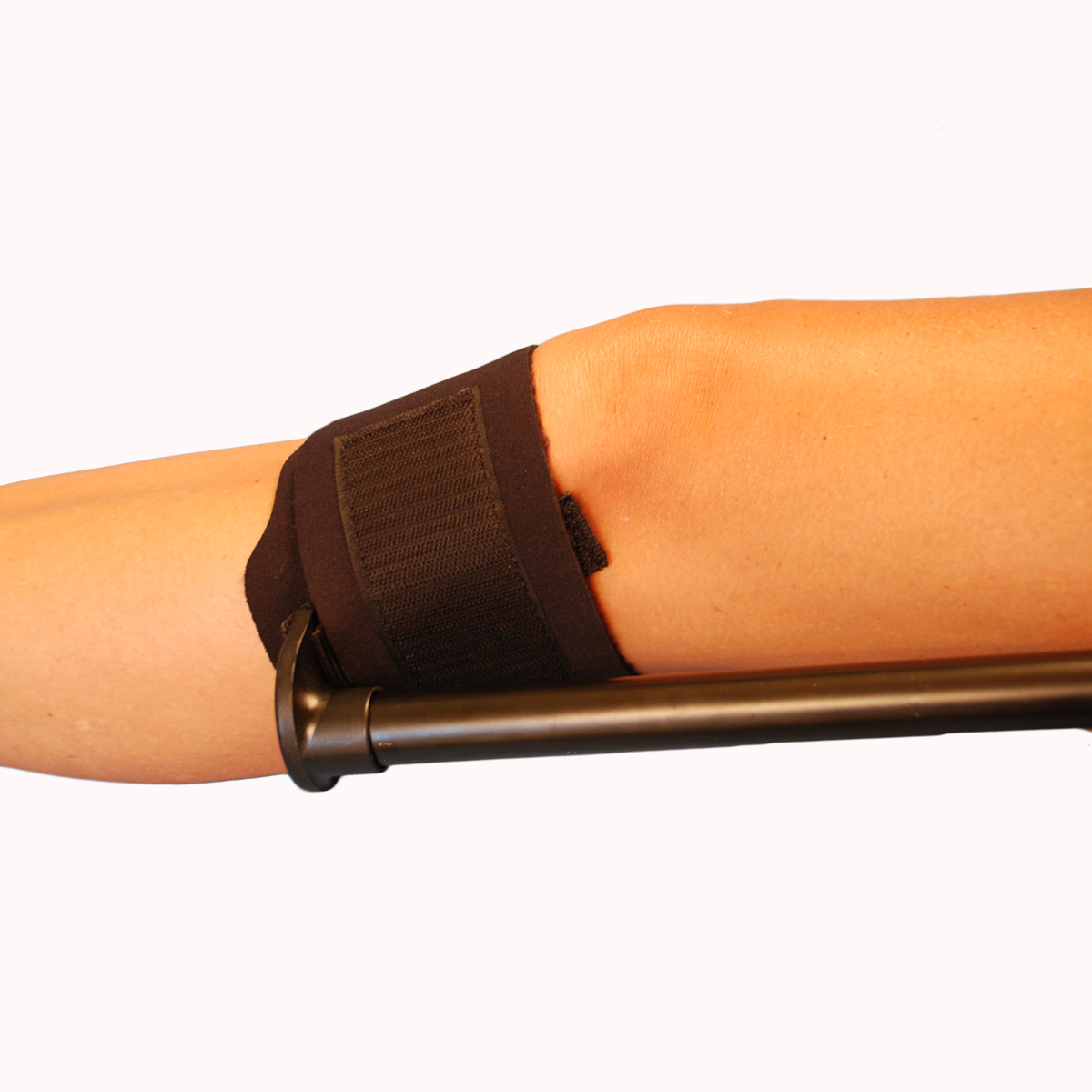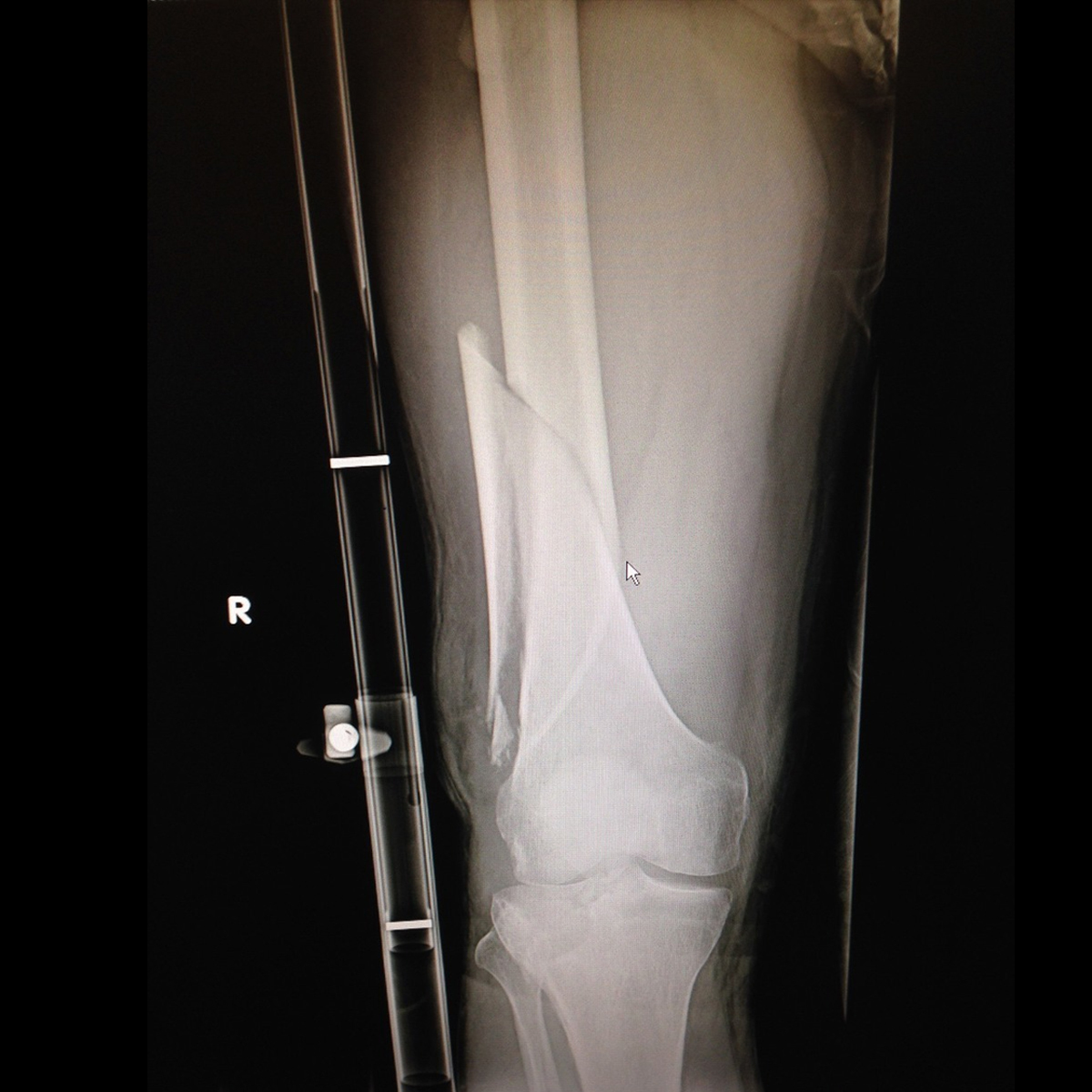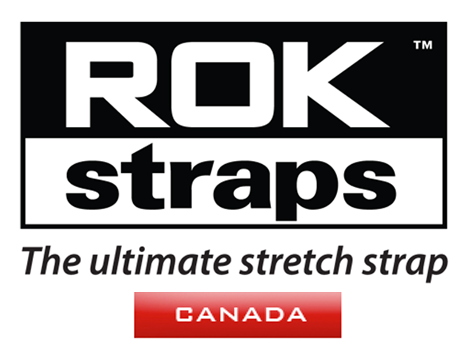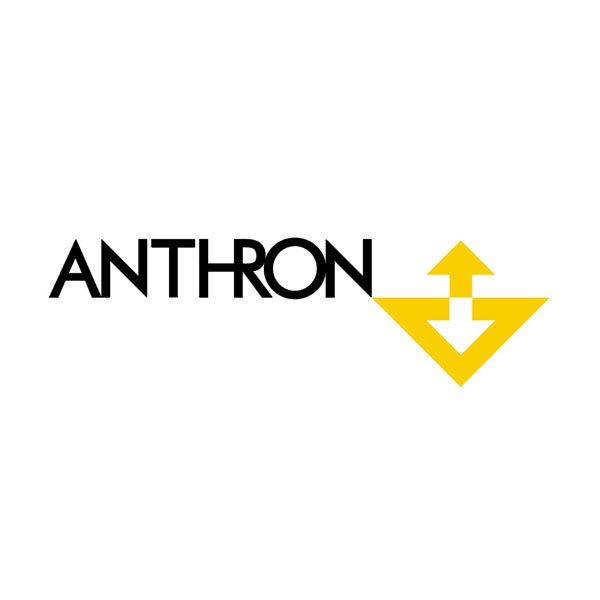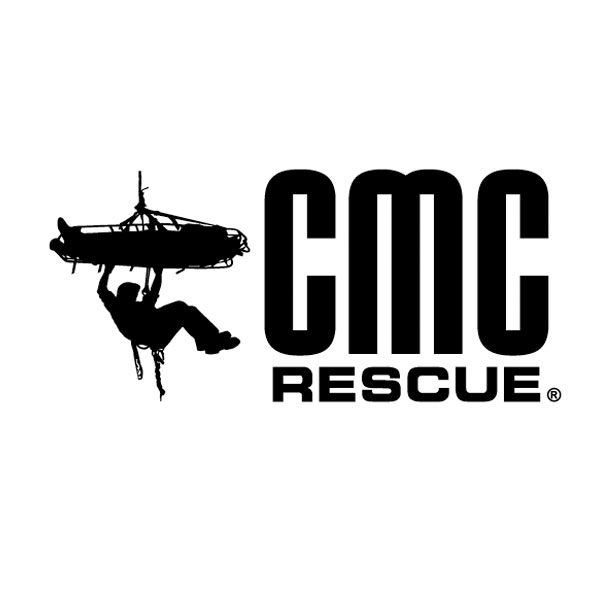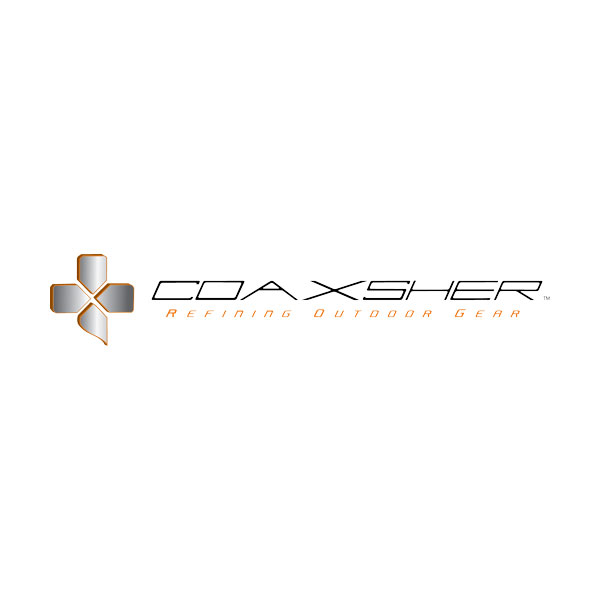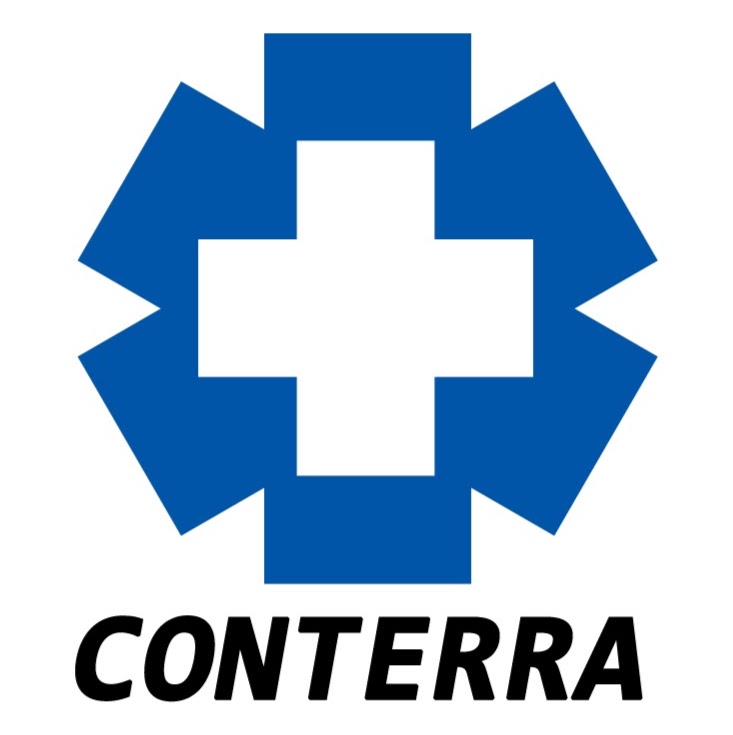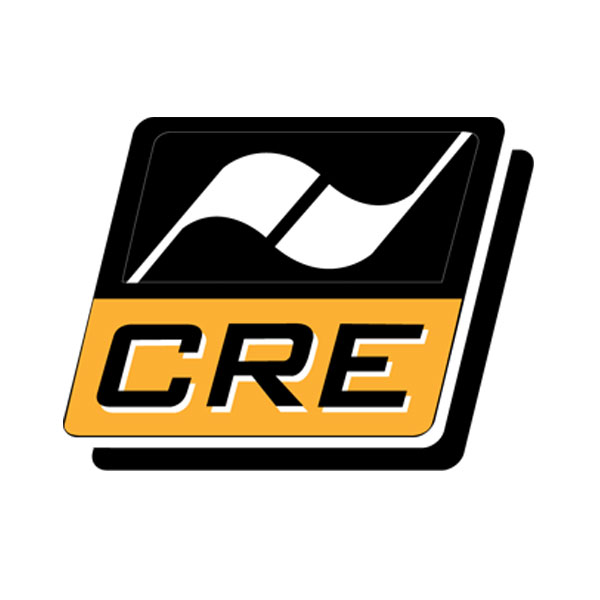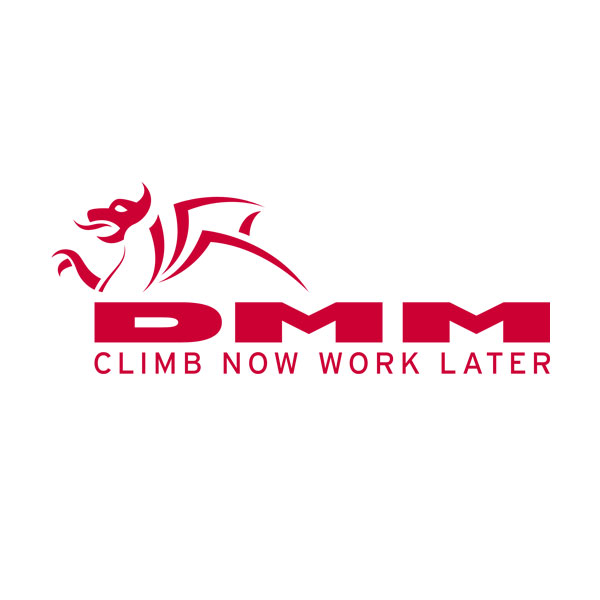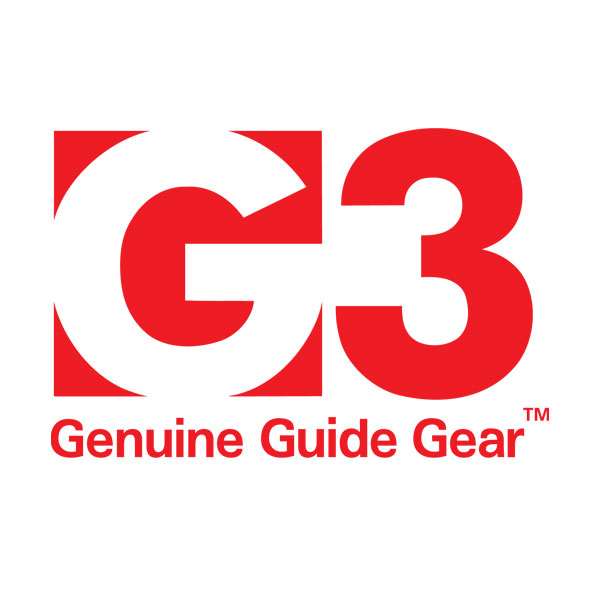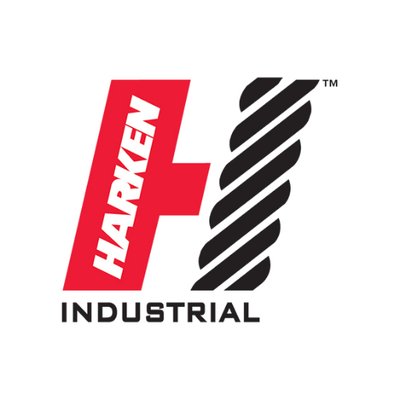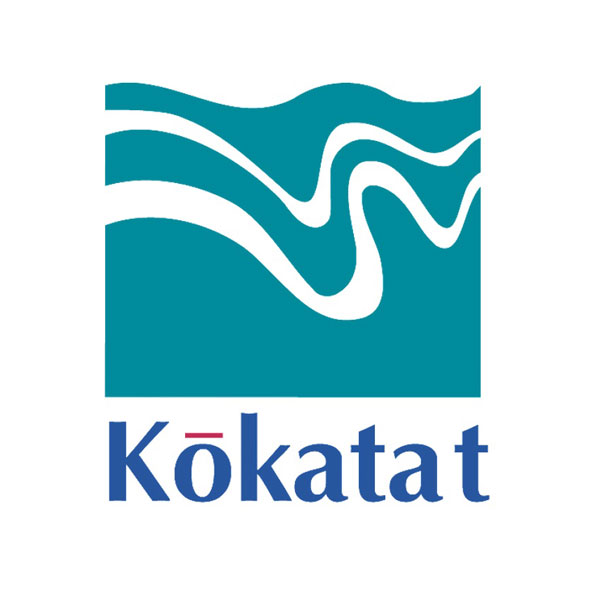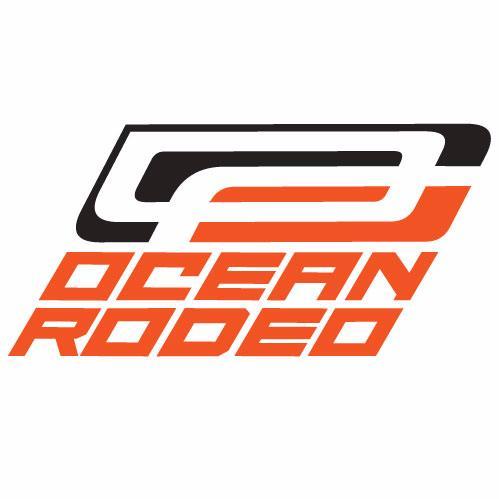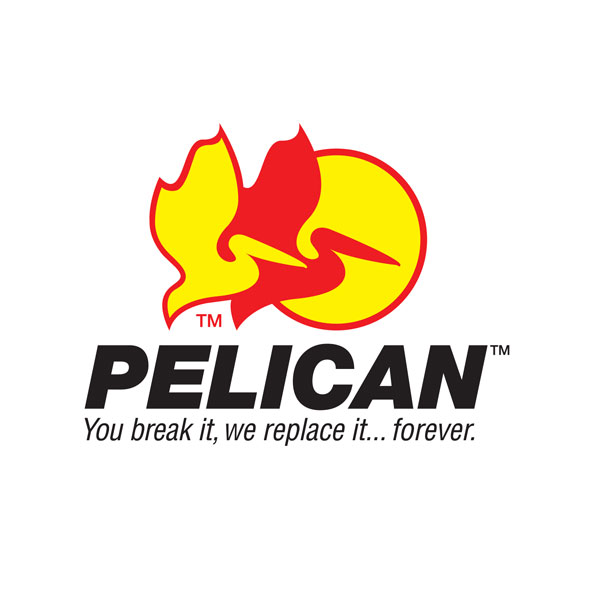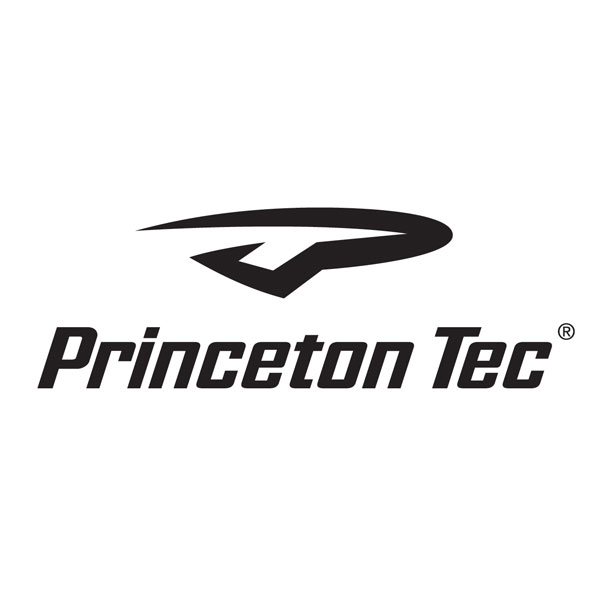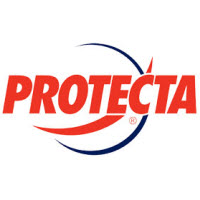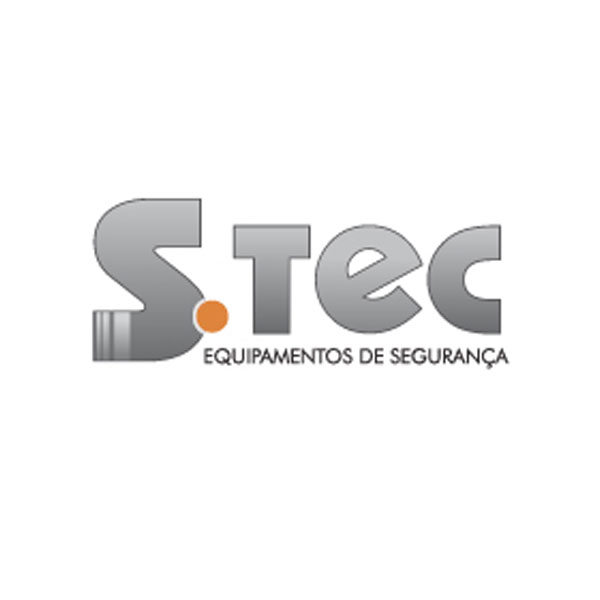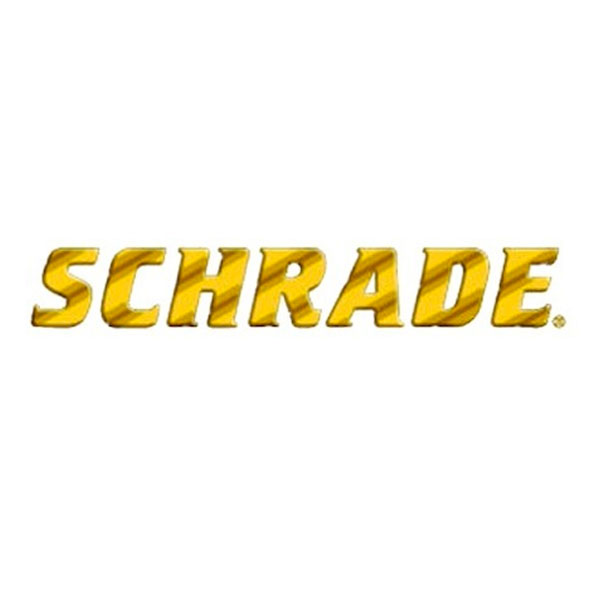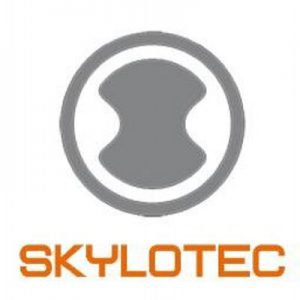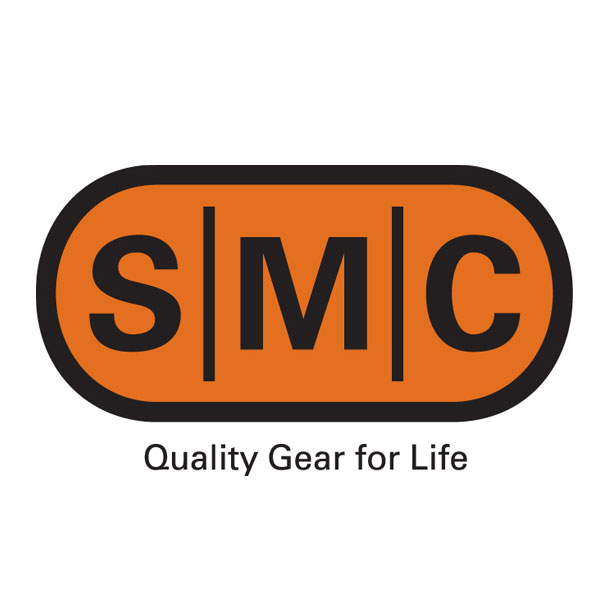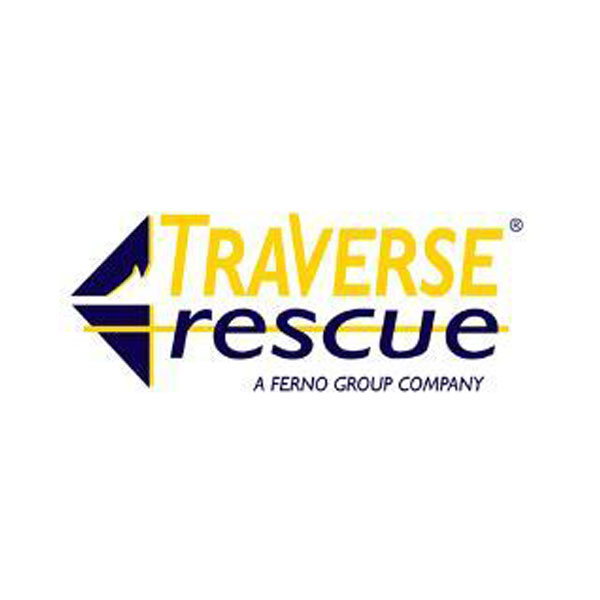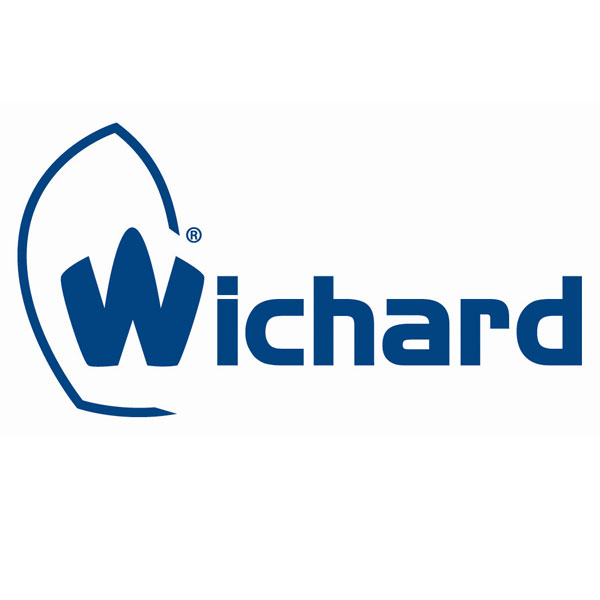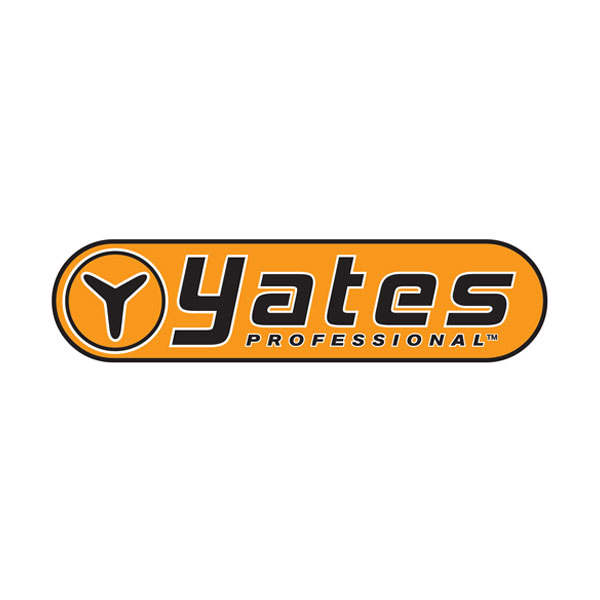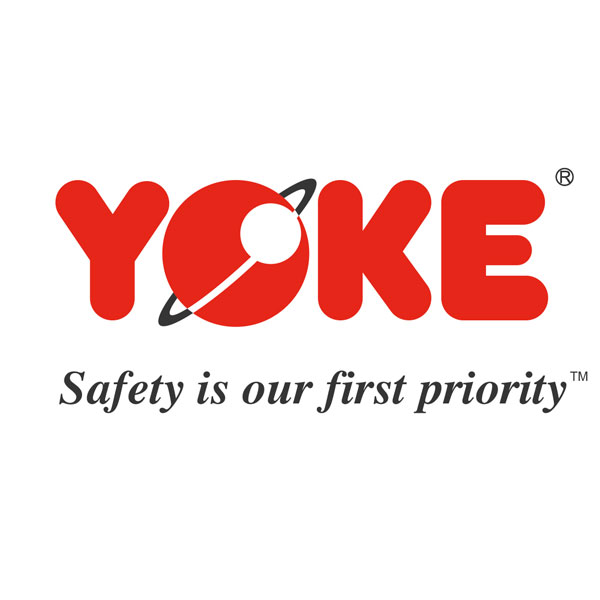A simple, intuitive, light, easy to use traction device for long-bone fractures
Adopted by major EMS agencies including Fire Department of New York (FDNY), Boston EMS, Dallas Fire-Rescue and LA County Fire.
Description
Product Description and Benefits:
The STS was developed by Dr. Sam Slishman at the University of New Mexico to overcome many of the the operational difficulties of older traction splint designs. The innovative STS design has the traction mechanism positioned at the patient’s hip. Femur traction is applied through the extension of the pole segments creating a pushing force on the ankle strap instead of pulling distally from the foot. This innovative design change provides a number of outstanding benefits over conventional traction splints:
1. The STS Does Not Extend Beyond the Foot
The compact design of the STS won’t jam up against ambulance doors or prevent you from placing patients into aircraft. When extricating or hoisting the splint stays safely contained within the board, litter or basket. No risk of striking the splint resulting in further injury or pain to the patient.
2. Rapid Patient Application in Under 60 Seconds
The unique design of the STS makes it the fastest splint to apply. No poles to assemble or mechanisms to set up. No long transport delays. Four step application process in rapid and easy.
3. The STS is Not Contraindicated in Lower Leg Injury or Amputation
While other traction splints are contraindicated with lower leg injury or amputation, the STS’s unique design allows the ankle strap to be alternately positioned proximal to the calf. This allows femur traction to still be applied and leaves the lower leg accessible for other splinting or bandaging.
4. Lightweight and Compact
The STS weighs only 21 ounces and is 23” W x 3” H in size. It takes up little space in vehicles or aircraft and can easily be strapped to jump bags and backpacks.
5. One Size Fits All
The STS works with both adults and peds. No need to carry two different splints. If your agency requires you to carry two traction splints, two STS splints can be carried for bi-lateral splinting of peds and adults.
6. Traction Mechanism Accessible During Transport
If traction adjustment is needed while enroute, the STS traction adjustment is accessible at the patient’s hip, not jammed up against the door or airframe at the
patient’s foot. You can easily and quickly adjust traction for maximum patient comfort.
7. Radiolucent
The STS is radiolucent and will not interfere with patient imaging or exam. No need to remove the splint. The STS can stay on a patient all the way to surgery.
8. Lifetime Warranty
Dimensions: 23″ H x 3″ W x 3″ D
Weight: 1.32 lbs
2014 study of 4 Different Traction Splints
A fascinating read on the history and current state of femoral traction splinting: The History of Traction Splinting
